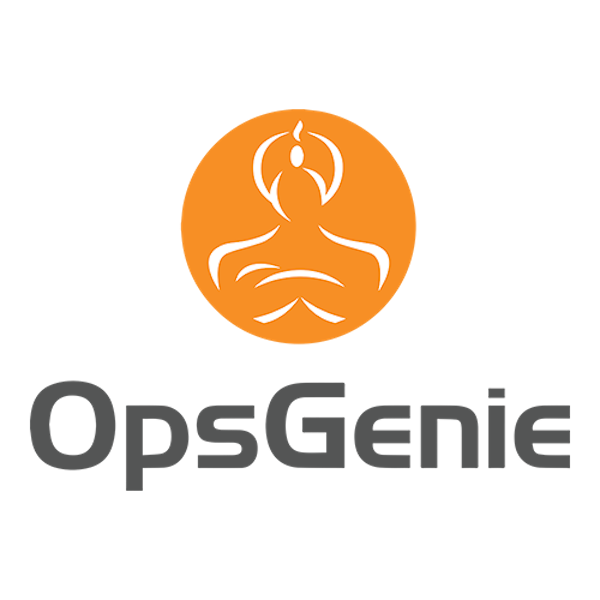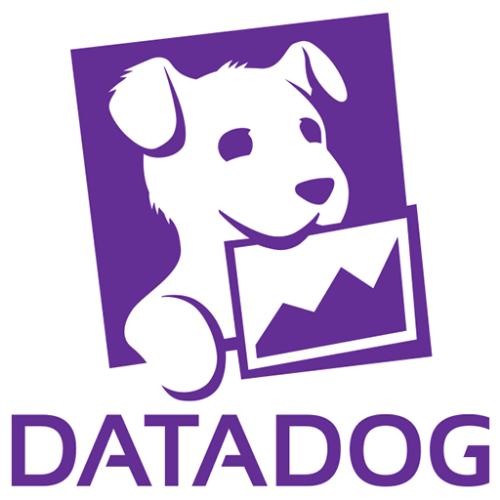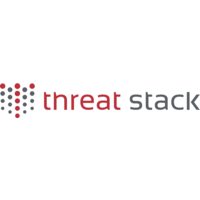James Meickle
Title: Ansible: Your First Two Hours
Description:
Learning any new tool can be intimidating, particularly if your company doesn’t encourage experimentation. This tutorial is designed to get you comfortable writing Ansible playbooks for routine operations tasks in just two hours, even if you’ve never heard of it before.
The first 30 minutes of the workshop will position you to evaluate Ansible by relating it to the broader ecosystem of devops tools. You’ll learn the key concepts that define Ansible workflows (inventories, playbooks, roles, and variables) and how they compare to concepts from other systems. By the break, you’ll understand Ansible’s strengths and weaknesses relative to other options, giving you the information you need to decide whether it’s right for your team, or to sell it effectively to your manager.
The second portion of the workshop will consist of live Ansible exercises. You’ll work your way up from a “Hello, World” playbook on localhost to deploying and managing a multi-server microservice application (via Vagrant). Along the way, you’ll learn about the most important Ansible modules, the fine points of Ansible repository structure, and the wider world of Ansible Galaxy. And since Ansible’s greatest weakness is its flexibility, we’ll also show you what not to do in order to avoid costly refactoring in the future! By the close of the workshop, you will be comfortable using Ansible to automate routine operations tasks, and you’ll know where to start with Ansible for infrastructure-as-code.
NOTE: A laptop with internet access, git, VirtualBox, and Vagrant are required for the second portion of the tutorial. Please install these tools in advance. Additionally, it’s recommended to come to this tutorial familiar with at least two of git, ssh, and Vagrant. On the other hand, you don’t have to have used configuration management previously to benefit from this workshop.
Speaker

James Meickle
@jmeickleSite Reliability Engineer at the Center for Brain Science at Harvard University
As an engineer with a background in psychology and political science, James has a strong interest in combining code optimizations and people optimizations. He currently works as a site reliability engineer at the Center for Brain Science at Harvard University where he is responsible for managing fMRI brain scan data, architecting processing pipelines, and deploying statistical software. Past roles include developer evangelist at web performance startup AppNeta and release engineer at Romney for President ’12. In his spare time, James is also a conference organizer for DevOpsDays Boston.























